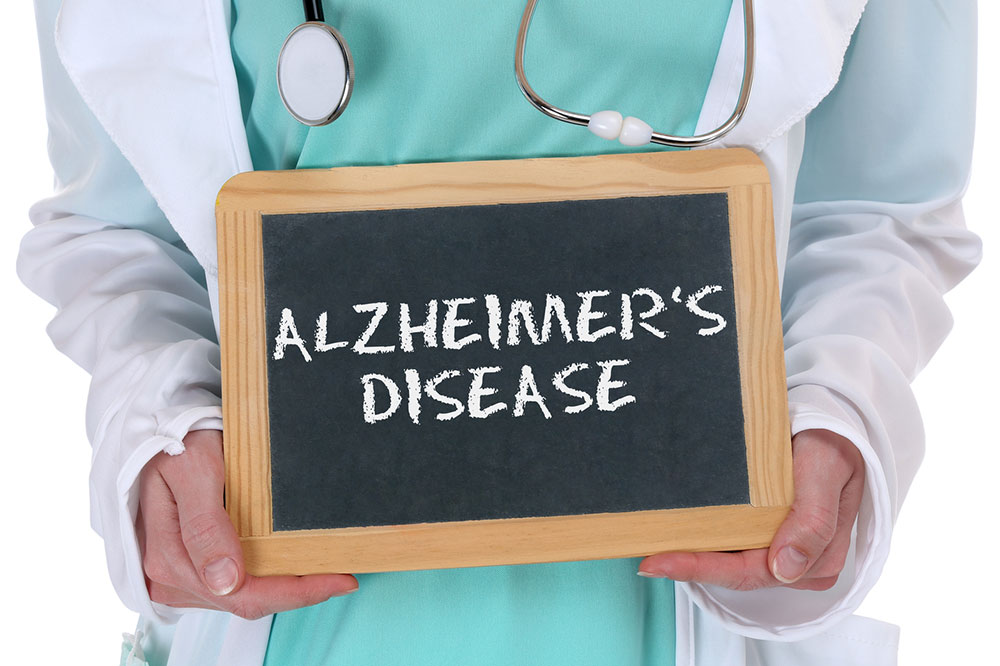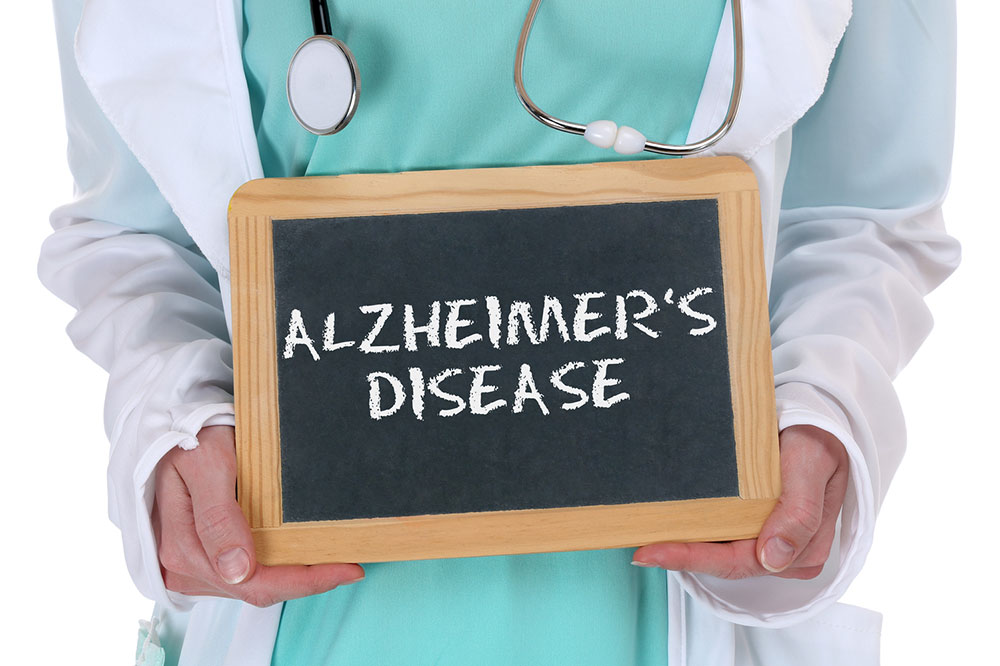Alzheimer’s Disease vs. Dementia: Understanding the Critical Differences for Better Care
This comprehensive guide explains the key differences between Alzheimer’s disease and dementia, helping caregivers and families understand symptoms, progression, diagnosis, and management options. Recognizing these distinctions is crucial for early detection and effective treatment, improving quality of life for patients. The article covers causes, common signs, disease progression, and the latest approaches to managing these neurological conditions, emphasizing the importance of awareness and timely intervention.

Alzheimer’s Disease and Dementia: Key Differences Every Caregiver Should Know
Clarifying Alzheimer’s Disease in the Context of Dementia
The confusion between Alzheimer’s disease and dementia is common among many individuals, leading to misunderstandings about diagnosis and treatment options. However, these terms are not interchangeable. Dementia is a broad term describing a collection of symptoms that impact cognitive and functional abilities, whereas Alzheimer’s disease is a specific neurodegenerative disorder that is the most common cause of dementia. Gaining a comprehensive understanding of these distinctions not only helps in early detection but also guides appropriate care and management strategies.
Even though some of the symptoms of dementia and Alzheimer’s overlap, differentiating them based on their underlying causes and progression is crucial for effective treatment. Dementia can result from various conditions including Lewy body pathology, vascular problems, or Parkinson’s disease, with Alzheimer’s accounting for roughly 60-80% of dementia cases worldwide. Common early signs include forgetfulness, mood fluctuations, loss of motivation, impaired judgment, neglect of personal hygiene, and repetitive questioning. These early symptoms often go unnoticed but tend to escalate over time, leading to greater dependency and loss of independence.
Understanding Alzheimer’s Disease: Symptoms & Disease Progression
Alzheimer’s disease is a progressive and irreversible neurodegenerative disorder characterized by declining cognitive functions. Its symptoms evolve gradually, starting with mild forgetfulness and confusion, which then intensify to severe memory loss, behavioral changes, and eventual loss of self-awareness. Patients often forget personal details, important relationships, routines, and even basic self-care activities. The disease typically affects individuals over 60 years of age, and as it advances, it severely hampers daily life. While there is currently no cure for Alzheimer’s, various medication and lifestyle interventions can help manage symptoms and improve quality of life for patients and their families.
Differentiating Diagnosis and Treatment Strategies
Accurate diagnosis is essential to determine the most effective management plan. While some types of dementia are reversible or manageable, Alzheimer’s disease remains incurable, although symptoms can be alleviated with current treatments. Diagnostic tests such as neuroimaging, cognitive assessments, and lab analyses help identify the specific cause of cognitive decline. Treatment options for Alzheimer’s include medications like cholinesterase inhibitors and memantine, which aim to improve communication between brain cells, alongside non-pharmacological approaches like cognitive stimulation, physical activity, and nutritional support. Effective management of other forms of dementia may involve therapy, behavioral interventions, and environmental modifications. Raising public awareness about these conditions is vital for early intervention, securing funding for research, and supporting families affected by these neurodegenerative illnesses.





